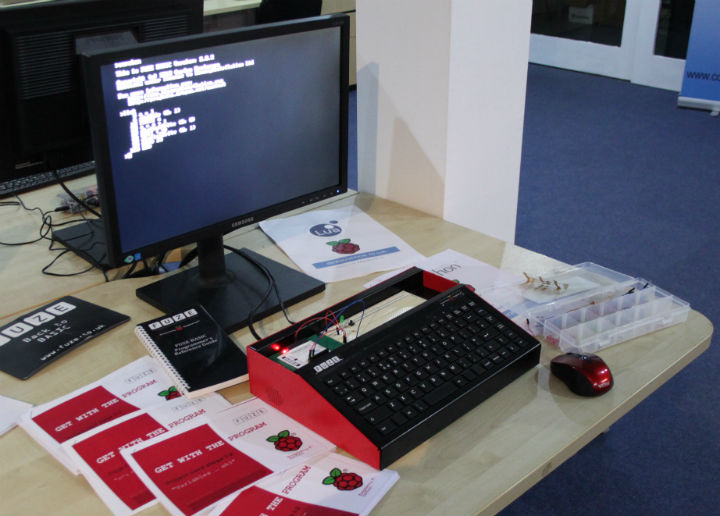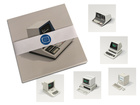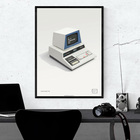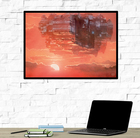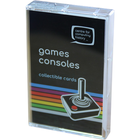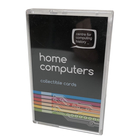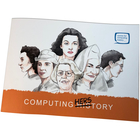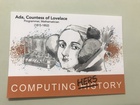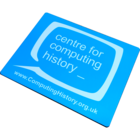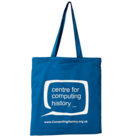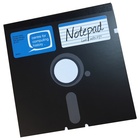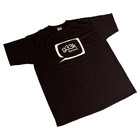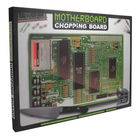FUZE - Inspiring the next generation ...

A unit has been kindly donated by Mr. Silvera for use by visitors to the Centre. The unit's retro design will be familiar to those who have used the BBC Micro, and uses a similar BASIC programming language. Andy Semark, volunteer at the museum, said "We love FUZE. It's a really well designed system with the Raspberry Pi at the heart of it. It allows you to create simple circuits on the built in bread-board and control them from BASIC. It's very reminiscent of the eighties and allows creativity not only in software but hardware too". BASIC was a progamming language designed for beginners. In fact it stands for Beginners All-purpose Symbolic Instruction Code and was the language of choice for the vast majority of home computers launched in the eighties. Jason Fitzpatrick, museum director said "Although BASIC is no longer used in professional programming it is still a very good language to get to grips with the fundamentals of programming and ideal for those who have never programmed before. To be able to program a computer you need to be able to think logically and break a problem down into simple logical steps. The language you learn to do so is somewhat irrelevant." The collaboration between The Centre for Computing History and FUZE works so well because both organisations are driven by the same passions - to get more children into programming and electronics.
FUZE is already on display at the museum and inquisitive visitors are getting hands-on with it to make it flash lights and sense inputs. We will be organising some Saturday workshops in the near future to teach BASIC programming and simple electronics. Keep an eye on our "What's On" page for the latest information ...
Date : 09-01-2014 |

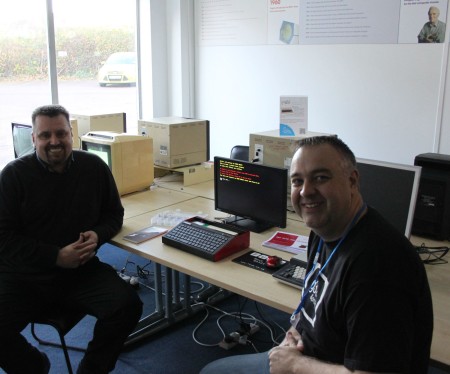 The Centre for Computing History is delighted to announce an exciting collaboration between ourselves and Jon Silvera, the inventor of FUZE, an innovative new "portable computer and electronics workstation, aimed at education and budding programmers everywhere".
The Centre for Computing History is delighted to announce an exciting collaboration between ourselves and Jon Silvera, the inventor of FUZE, an innovative new "portable computer and electronics workstation, aimed at education and budding programmers everywhere".